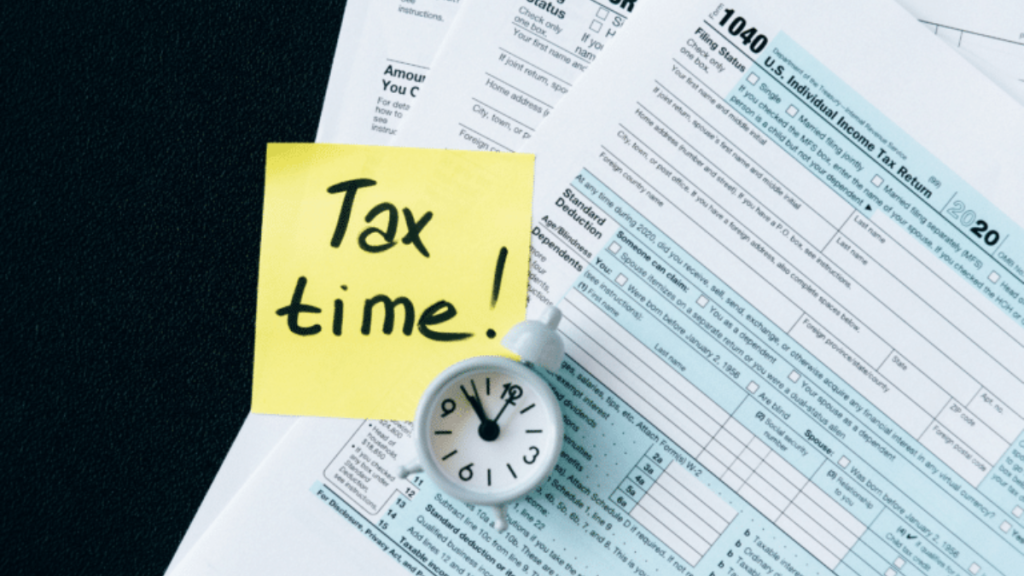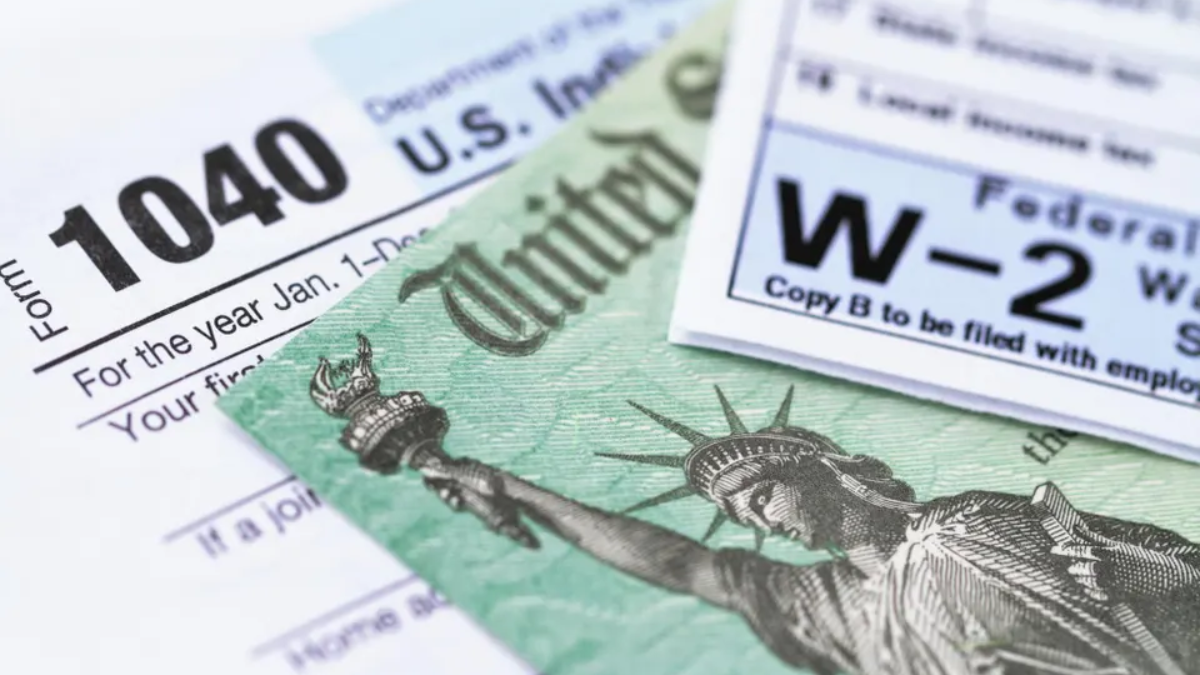A significant shift is underway for millions of Americans who earn income through digital platforms. Starting in 2025, the Internal Revenue Service (IRS) will begin enforcing a long-delayed tax reporting rule that targets income earned through online transactions.
Whether you’re a gig worker, freelancer, small business owner, or a casual seller on platforms like eBay or Facebook Marketplace, this change could impact how you file your taxes.
The rule stems from a provision in the American Rescue Plan Act of 2021, which revised the reporting threshold for third-party payment platforms such as PayPal, Venmo, Etsy, eBay, Cash App, and others.
While the law originally required these platforms to report any transactions totaling $600 or more in a calendar year, the IRS announced a phase-in approach, starting with a $5,000 threshold for 2025 to ease the transition for taxpayers and payment processors.
What Does the New IRS Rule Say?
The new tax rule requires third-party platforms that process payments for goods and services to file Form 1099-K with the IRS for users who meet or exceed the threshold. The IRS will also send a copy to the individual who received the payments.
Before this change, platforms only had to issue a 1099-K if a user had more than 200 transactions and made over $20,000 in gross payments per year. The new $5,000 threshold for 2025 is a drastic reduction — and it’s only temporary. The IRS plans to enforce the $600 threshold in future years, significantly expanding the pool of taxpayers who will receive a 1099-K.
This rule does not apply to personal transactions, such as paying a friend for dinner or reimbursing a roommate. However, it does apply to payments received for goods or services, regardless of whether you’re running a business or just selling a few items online.
Who Will Be Affected?
Millions of Americans could be affected by this rule, particularly those who earn part-time or full-time income from digital sources. Affected groups include:
- Freelancers offering services on Upwork, Fiverr, or similar platforms
- Gig workers for Uber, Lyft, DoorDash, Instacart, etc.
- Online sellers using platforms like Etsy, eBay, Amazon, or Facebook Marketplace
- Individuals accepting payments for business purposes via PayPal, Venmo, or Cash App
If your earnings through any combination of these platforms exceed $5,000 in 2025, you will receive a Form 1099-K — and the IRS will expect that income to be reported on your tax return.
Why Is the IRS Making This Change?
The IRS estimates that a substantial amount of taxable digital income goes unreported every year due to the lack of oversight and documentation. By lowering the reporting threshold and requiring more transparency from third-party platforms, the IRS aims to close the “tax gap” — the difference between what is owed and what is actually paid.
Critics of the rule argue that it unfairly burdens part-time sellers and low-income individuals who may not be running a formal business. In contrast, supporters claim that it levels the playing field by ensuring everyone pays their fair share.

What You Need to Do to Stay Compliant
To avoid confusion and possible penalties, it’s important to begin preparing now — especially if you expect to earn income through digital platforms in 2025. Here are some key steps to consider:
- Keep accurate records of your online sales or service income, including receipts and invoices
- Separate business and personal accounts to avoid mistakenly mixing taxable and non-taxable transactions
- Label payments clearly in apps like Venmo or PayPal to differentiate personal transfers from business payments
- Track expenses to claim legitimate deductions, such as mileage, supplies, or platform fees
- Consult a tax professional if you’re unsure whether your activity counts as taxable income
Being proactive about record-keeping can help reduce your tax liability and ensure that you don’t pay more than you owe.
What Tax Experts Are Saying
Tax professionals warn that the rule’s broader implications may come as a surprise to casual earners. “Even if you’re just selling used items on eBay or flipping furniture on Facebook Marketplace, if those payments exceed $5,000, the IRS will know about it,” said Ashley James, a certified public accountant based in Illinois.
Some legislators have introduced proposals to raise the reporting threshold permanently, arguing that the $600 limit — which takes effect after 2025 — is too low. However, no changes have been passed yet.
James added, “This rule is here to stay, and people need to start adjusting their expectations and preparing accordingly. Digital income is no longer flying under the radar.”
Final Thoughts
The IRS’s new digital income rule for 2025 is a wake-up call for online earners across the country. From gig workers to casual sellers, anyone making money through digital platforms will soon face greater scrutiny — and reporting requirements.
With a reduced $5,000 reporting threshold taking effect next year and a $600 threshold looming, the best defense is a good offense: Stay informed, stay organized, and report accurately. The era of informal, off-the-books digital earnings is quickly coming to an end.
For official IRS updates and FAQs on the new rule, visit the IRS website.
Disclaimer – Our team has carefully fact-checked this article to make sure it’s accurate and free from any misinformation. We’re dedicated to keeping our content honest and reliable for our readers.
